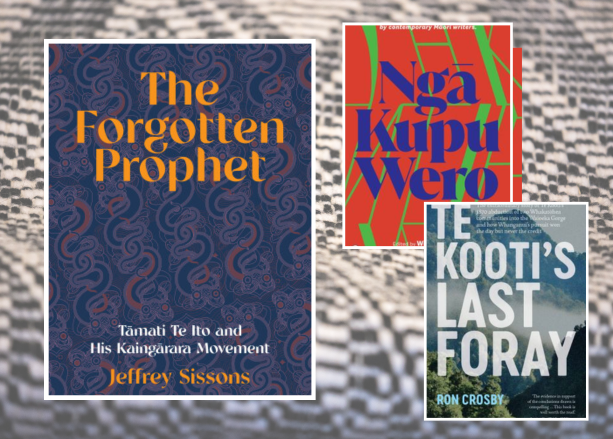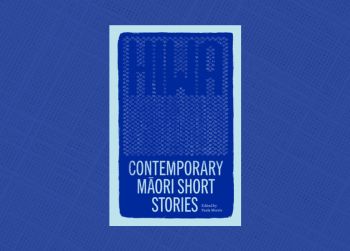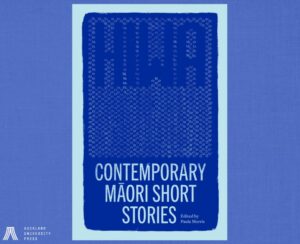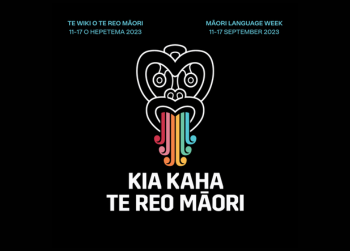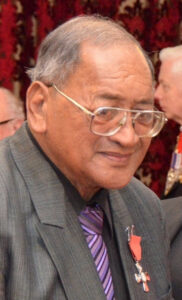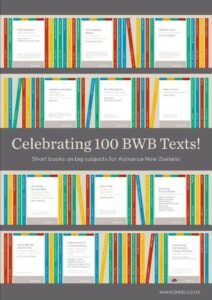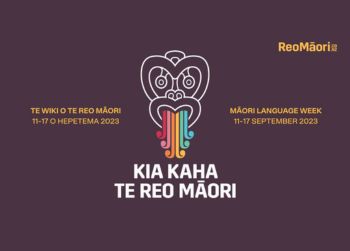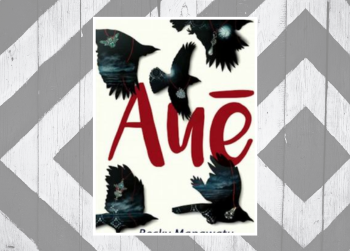A selection of recent additions to our Māori Collection, including timely works on Parihaka and the New Zealand Wars, a compilation of writings from modern Māori authors, a tribute to the well-loved Moana Jackson, and more!
Te Kooti’s last foray : the extraordinary story of Te Kooti’s 1870 abduction of two Whakatōhea communities into the Waioeka Gorge and how Whanganui’s pursuit won the day but never the credit / Crosby, R. D.
“On 7 March 1870 the prophet and rebel Te Kooti swept out of Te Urewera to Ōpape, in what would be his last major action of the New Zealand Wars. His forces abducted 218 Whakatōhea and marched them into the bush to build a pa called Waipuna. Before long the government sent troops in pursuit – almost exclusively Māori. In this captivating book, historian Ron Crosby draws on his decades of experience in Te Urewera and recently discovered diaries to recount this overlooked yet crucial episode in the New Zealand Wars – for the first time locating precisely where the events occurred, and telling what really happened.” (adapted from Catalogue)
 The forgotten prophet : Tāmati Te Ito and his Kaingārara movement / Sissons, Jeffrey
The forgotten prophet : Tāmati Te Ito and his Kaingārara movement / Sissons, Jeffrey
“Tāmati Te Ito Ngāmoke led the prophetic Kaingārara movement in Taranaki from 1856. Te Ito was revered by tribal leaders as a prophetic tohunga matakite; but others, including many settlers and officials, viewed him as an ‘imposter’. By the time war broke out in 1860, Te Ito and his followers had established a school and a court system in Taranaki. Te Ito was a visionary adviser to Te Ātiawa chief Wiremu Kīngi Te Rangitāke, and played a crucial role in the conflicted region, both before and after the wars of the 1860s. Initially perceived as a rival to the Parihaka leaders, Tohu Kākahi and Te Whiti o Rongomai, he eventually joined the Parihaka community.” (adapted from Bridget Williams Books)
Ngā kupu wero : a powerful new collection of non-fiction by contemporary Māori writers
“Ngā Kupu Wero brings together a bounty of essays, articles, commentary, and creative non-fiction on the political, cultural, and social issues that challenge us today. From colonisation to identity, from creativity to mātauranga Māori, over 60 writers explore the power of the word. Ngā Kupu Wero is a companion volume to Te Awa o Kupu, which presents recent poetry and fiction. Together these two passionate and vibrant anthologies reveal that the irrepressible river of words flowing from Māori writers today shows us who and what we are.” (adapted from Catalogue)
Continue reading “He Pukapuka Hou: New Items in Our Māori Collection”


